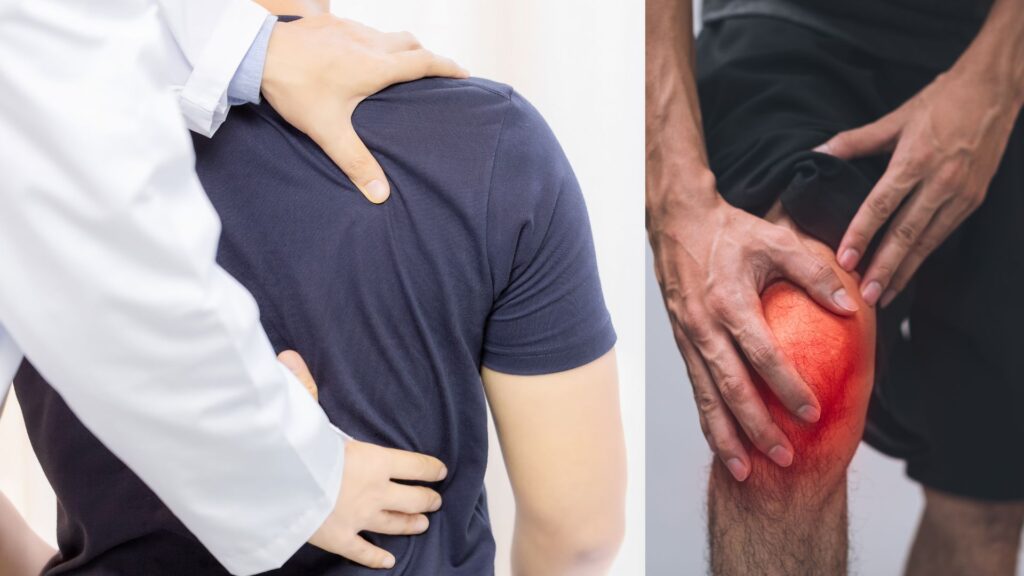Rippling Muscle Disease (RMD) is a rare genetic neuromuscular disorder that affects the muscles, causing them to ripple or twitch involuntarily. This condition is often characterized by muscle contractions that occur in response to muscle stretching, tapping, or percussion. In this article, we will delve into the causes, symptoms, and treatment options for RMD.
1. Introduction
In this section, we will provide a brief overview of Rippling Muscle Disease(RMD), its prevalence, and its impact on affected individuals.
2. Understanding RMD
Here, we will delve deeper into the nature of RMD, explaining the underlying mechanism and how it affects muscle function.
3. Causes of RMD
This section will explore the genetic basis of RMD, discussing the specific gene mutations that contribute to the development of the condition.
4. Symptoms of RMD
In this section, we will outline the common symptoms experienced by individuals with RMD, including muscle contractions, twitching, and muscle stiffness.
5. Diagnosis of RMD
Here, we will explain the diagnostic process for RMD, including medical history evaluation, physical examinations, and genetic testing.
6. Treatment Options for RMD
This section will provide an overview of the current treatment options available for managing RMD. This may include medications, physical therapy, and lifestyle modifications.
7. Lifestyle Recommendations
In this section, we will offer practical advice on managing daily life with RMD, including tips on exercise, nutrition, and coping strategies.
8. Research and Future Perspectives
Here, we will discuss ongoing research efforts and potential future advancements in the field of RMD, including emerging therapies and clinical trials.
9. Conclusion
To conclude the article, we will summarize the key points discussed and emphasize the importance of early diagnosis, proper management, and support for individuals with RMD.
10. FAQs
- Q: Is RMD a life-threatening condition? A: RMD is generally not life-threatening, but it can significantly impact the quality of life for affected individuals.
- Q: Can RMD be cured? A: Currently, there is no known cure for RMD. Treatment focuses on symptom management and improving quality of life.
- Q: Is RMD hereditary? A: Yes, RMD is a genetic disorder, typically inherited in an autosomal dominant pattern.
- Q: What age does RMD usually manifest? A: Symptoms of Rippling Muscle Disease typically appear in early adulthood, although they can manifest at any age.
- Q: Can physical therapy help manage RMD? A: Yes, physical therapy can be beneficial in managing the symptoms of RMD, helping to improve muscle function and mobility.





